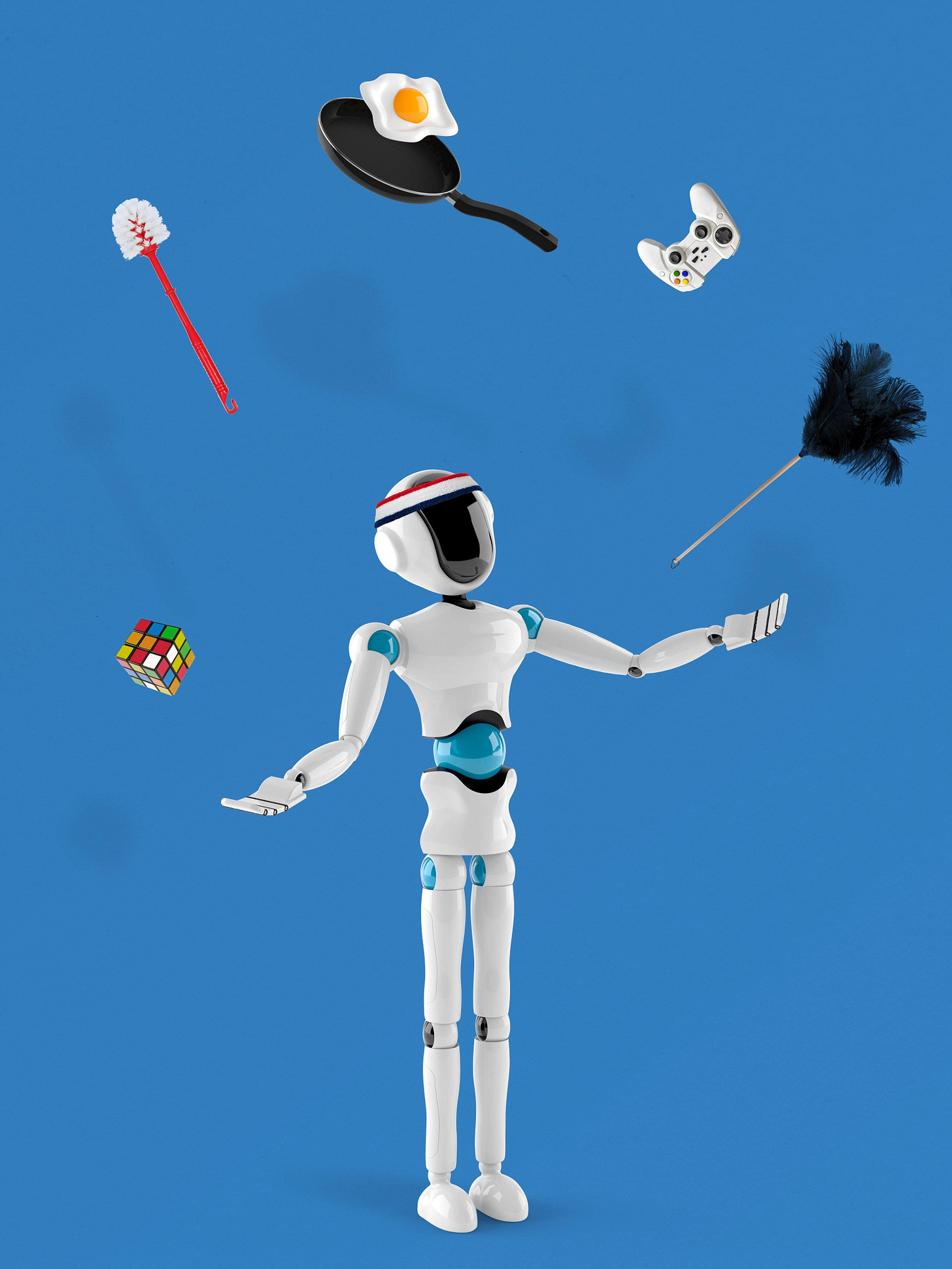Transmission #21: Catastrophic Forgetting, Lagos, Knocker-Uppers and Facebook hysteria.
Design, ideas and other flotsam.
Hello. Welcome.
This is Transmissions by me, Martin Brown. Father. Husband. Design Lead at Craig Walker, sometime lecturer at RMIT. Marty to most.
This is an ongoing fortnightly newsletter that collates some of the more interesting stories, links, quotes and other curios that float my way.
If you’re new here, then sign up now to get more of these in your inbox, and don’t forget to tell your friends!
Design
How Deepmind is Reinventing the Robot
Tom Chivers, IEEE Spectrum
The headline is misleading - this is actually a fascinating explanation of some of the intrinsic barriers in achieving a kind of general AI. Conventional, narrow AI systems are structured in such a way that they inherently suffer cases of catastrophic forgetting. That is, when an AI learns a new task, it has an unfortunate tendency to forget all the old ones it has previously learnt.
So whilst the access to extremely large datasets has helped train AIs to match or even outperform human abilities, there is no computational mechanism for AIs to take learnings from one sphere of knowledge and apply them to a new one.
There are a number of approaches working to overcome this, but we’re a while away.
Ideas
A Week in the World’s Most Chaotic City
Heiner Hoffmann, Der Speigel
Whilst many of us are effectively marooned from the rest of the world due to travel restrictions, articles like this really matter. It’s a travelogue of sorts, wandering through the bustling chaos of Nigeria’s capital, Lagos. Tipped to become to be the world’s largest city by the end of the century, this article explores the thriving, tangled mess of humanity that comes with rapid urbanisation, in all its glory and depravity.
Facebook Political Problems
Ben Thompson, Stratechery
Facebook is in the headlines yet again, for all the wrong reasons. Rising above the hysteria, Thompson, in my opinion of the best tech commentators out there, breaks down why Facebook is genuinely useful to people (and hence why, despite the outcry, its popularity is so resilient – see the chart below). He unpacks the fatal flaw embedded in Facebook’s very successful strategy to build products that connect people – it’s that once the world essentially conducts their lives on your platform, you inherit the problems of the world.
This is not to exonerate Facebook’s responsibility to curtail bad behaviour, but just like policing bad behaviour IRL, there is no one solution. It’s complicated, and there are some very tricky tradeoffs to be made.
The Internet causes real problems, and Facebook willingly made itself responsible for those problems, with no real understanding that the problems even existed.
And:
Here is the problem, though: it is not at all certain that the Internet is good for society. There are massive benefits, to be sure … but there are obviously massive downsides. Moreover, many of those downsides seem to spring directly from the fact that people are connected: it’s not simply that it is trivial to find people who think the same as you, no matter how mistaken or depraved you might be, but it’s also trivial to find, observe, and fight with those who simply have a different set of values or circumstances. The end result feels like an acceleration of tribalism and polarization; it’s not only easy to see and like your friends, but even easier to see and hate your enemies with your friends.
Quotes
Internal combustion engines are only 35% efficient, losing the rest in heat. Then, only 5% of that energy go into moving the passenger — the other 95% move the car.
– 5 Promises of Micromobility, Florent Crivello
Image of the Week
Mary Smith, a “knocker-upper” who earned sixpence a week shooting dried peas at windows to wake people for work (East London, 1930s) Photo: John Topham (Source)
Chart of the Week
Related to the FB article above. The dichotomy of stated beliefs vs observed behaviour.
Other
🍄 How did indigenous societies learn to prepare and cook poisonous plants safely? Link
🖼 A fantastic collection of online graphic design archives. Link
🆎 Kerning? Spacing? Huh? Great twitter explainer for type nerd wannabes. Link
Till next time!




